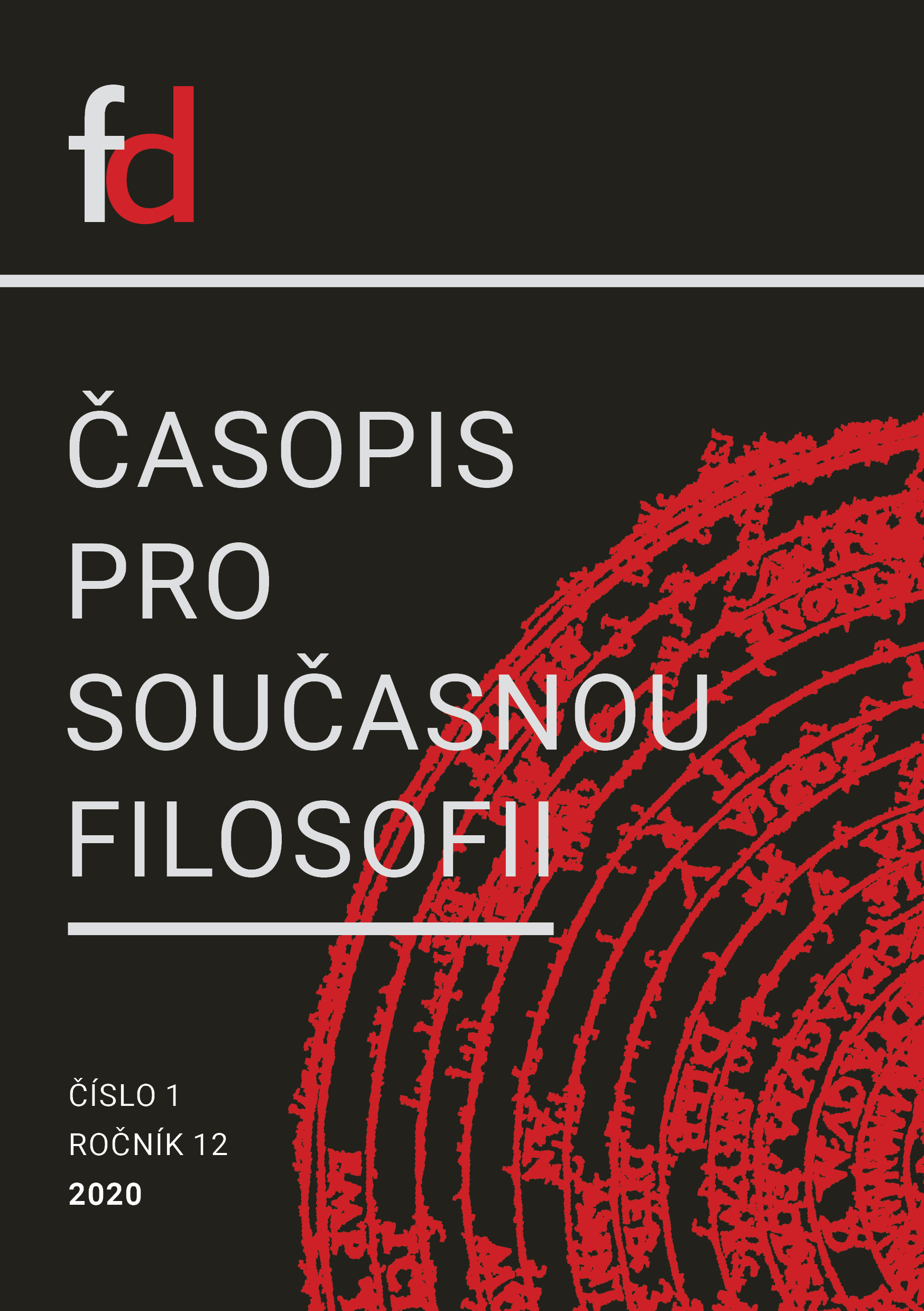Summary of Hegel’s Phenomenology of World
DOI:
https://doi.org/10.26806/fd.v12i1.315Abstract
The author presents key arguments advanced in her book Hegel’s Phenomenology of the World (2018). From the outset, the author accepts the hypothesis that the Phenomenology can be read as a Bildungsroman. Yet, against traditional interpretations, she avers that it is not the consciousness that “builds itself up”; instead, the reader witnesses a gradual crystallization of a specific world-order. The author argues that the consciousness senses, thinks and acts based on an implicit understanding of what the “world” is. For the author, the world designates a “concrete whole,” a “model of reality” that conditions individual acts of consciousness. Consequently, the path of the Phenomenology of Spirit is read as a sequence of world-pictures, most of which are found to be deficient, i.e., they capture reality insufficiently, and thus they disintegrate. This worldly disintegration makes itself manifest in epistemological, moral, or practical failures. Absolute knowledge is a level of knowing that leads to such a conception of a world that captures reality in the most appropriate manner. This world, based on the recognition of finitude and plurality as constitutive principles of reality, can be considered the world of the modern society.
Downloads
Published
Issue
Section
License
Authors who publish in this journal agree that:
1. Authors retain copyright and guarantee the journal the right of first publishing. All published articles are licensed under the Creative Commons Attribution license, which allows others to share this work under condition that its author and first publishing in this journal was acknowledged.
2. Authors may enter into other agreements for non-exclusive dissemination of work in the version in which it was published in the journal (for example, publishing it in a book), but they have to acknowledge its first publication in this journal.
3. Authors are allowed and encouraged to make their work available online (for example, on their websites) as such a practice may lead to productive exchanges of views as well as earlier and higher citations of published work (See The effect of open access).


